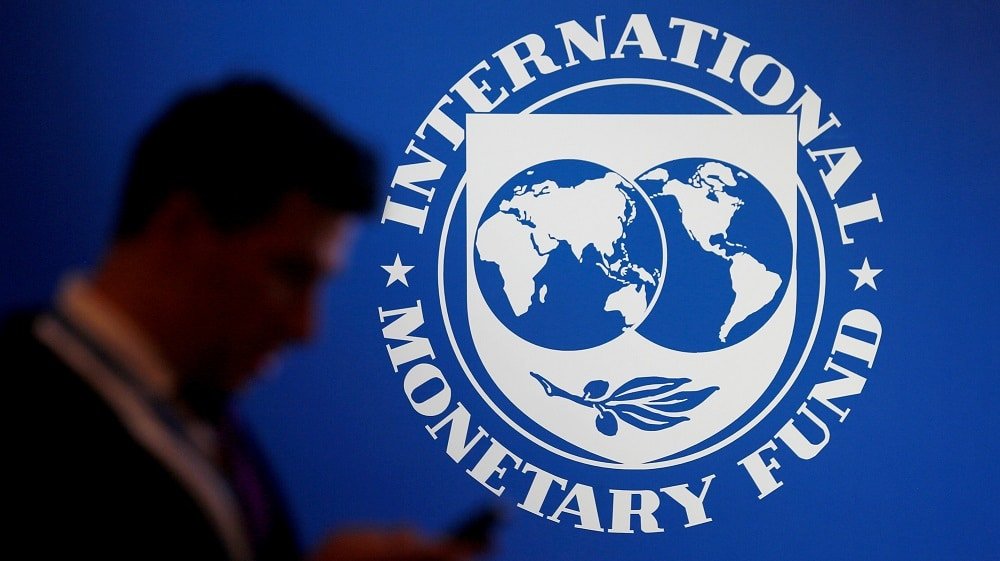The International Monetary Fund (IMF) commenced discussions with Pakistan in Islamabad on Monday, expressing concerns over the country’s strategies for managing reduced electricity demand due to increased solar adoption and surplus imported gas.
During the talks, the IMF scrutinized Pakistan’s energy plans, focusing on the transition to solar energy and the handling of surplus gas. Pakistan proposed continuing the supply of imported gas for industries’ in-house power generation beyond January 2025, contingent on full cost recovery. However, this proposal did not meet the IMF’s approval, according to a report by the Express Tribune.
The IMF also questioned Pakistan’s approach to the unpaid Gas Infrastructure Development Cess (GIDC) dues, which exceed Rs. 400 billion. The government attributed the delay in collection to stay orders from local courts, despite the Supreme Court’s 2020 ruling allowing for recovery. Key sectors such as fertilizer and textiles remain significant defaulters.
Regarding solar energy, the IMF sought clarification on the impact of provincial incentives that conflict with federal policies, demanding a comprehensive response from the government.
The IMF also reviewed Prime Minister Shehbaz Sharif’s winter package, which offers discounts on incremental power usage for residential and commercial consumers. While the IMF acknowledged progress in circular debt management and a 91 percent bill recovery rate, it emphasized that subsidies should be targeted exclusively at beneficiaries of the Benazir Income Support Program.
Additionally, the government discussed the possibility of deferring LNG imports from Qatar to address low demand. The IMF expressed concerns about Pakistan’s capacity to manage this surplus effectively.










